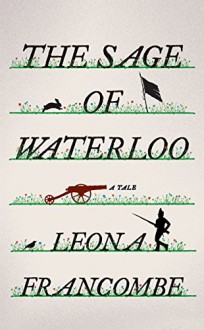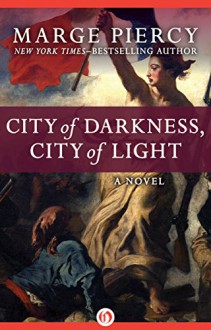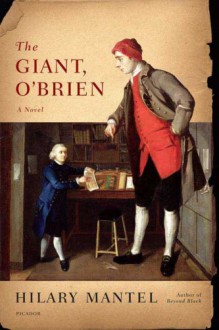
Ben is a free man of color in recently US brought New Orleans. His mother was a field slave until a white man took an interest in her and brought and freed both her and her two children. The same man paid for Ben's education, both in New Orleans and Paris. Ben is both a skilled surgeon and a skilled piano player. When he returns to New Orleans after a long spell in Paris, he has to readjust to the various codes that he needs to live by. His mother and youngest sister are both prominent in planter society - his sister, Minou, is a mistress to a white planter. His other sister (full sister) is a voodoo priestess, a wife, and a mother. Needless to say, there is some family drama, in particular Ben's feeling that his mother loves her third child (the daughter of the white man who freed her) best.
The first book finds Ben in the midst of a murder mystery where is life is on the line, for better to accuses a black man of murder of a black woman than an white man or woman from society. He also interacts with one of the new American lawman, who somewhat to everyone surprise can read.
In a later edition of the book or installment in the series, Hambly corrects what historical erros she made here. (Hambly has a degree in and has taught history). What is of note here is Hambly's use of code switching by the characters, the use of color to determine social standing (including shades of black, something that is not always dealt with) as well as women having to deal with a society that constructs them. And of course, the question of race and slavery. It is to Hambly's credit that she never goes the route of the trophe of good master, and even "good" masters are dismissed by Ben as not being moral because of owning another person or treating black people as less than human.
Ben and his friend Hannibal might, might, be a bit too ahead of their time in being open minded, but both men's back stories do take this into account. Neither man is perfect, and in fact, Ben does wrestle somewhat with one or two reveals in the story.
Personallly, I find Livia, Ben's mother, to be the most interesting character of all.
(This is part of my summer reading goals, which include re-reading and reading the whole series).

 Log in with Facebook
Log in with Facebook 









